May 18, 2025 | 01:46 GMT +7
May 18, 2025 | 01:46 GMT +7
Hotline: 0913.378.918
May 18, 2025 | 01:46 GMT +7
Hotline: 0913.378.918

“Promote future rice production and export activities, take advantage of timing and market opportunities, contribute to promoting economic growth in the last months of 2023”. Photo: Le Hoang Vu.
The Prime Minister's official telegram stated, in the first months of 2023, there have been many positive results. Rice exports in the first 6 months of the year are estimated to increase by 22.2% in volume, up 34.7% in value over the same period in 2022, making an important contribution to the growth of the agricultural sector and the economy while fully meeting consumer demand, stabilizing domestic rice prices, ensuring national food security and farmers' financial interests.
Apart from the achieved results, rice export activities have certain difficulties and limitations. The market strategy is not really stable and long-term. Market development has not been commensurate with the potential of the industry. Vietnamese rice is facing fierce competition from rice exporting countries, not to mention the skyrocketing input prices.
In order to boost future rice production and export activities, take advantage of market opportunities and contribute to promoting economic growth in the last months of 2023, the Prime Minister asks the Ministry of Agriculture and Rural Development to take the lead, coordinate with relevant ministries, agencies and localities. The goal is to continue perfecting institutions and policies to help farmers and businesses promote research and development of high-yield and high-quality rice varieties suitable for market requirements, effectively use the “VietNam rice” trademark, develop standards on production, processing and product quality in line with the current state of international integration.
The Prime Minister also urges to build infrastructure, invest stronger in the development of high-value rice which has a brand image; promote digital transformation; apply scientific and technological advances to production; reduce dependence on fertilizers and pesticides that affect rice quality and pollute the environment, as the ultimate goal is to increase productivity and improve rice quality, raising export prices.
The agricultural sector continues to effectively implement policies to encourage and support the development of raw material areas, strengthen linkages in the production and consumption of paddy and rice, improve the organizational capacity of cooperatives, remove difficulties and obstacles in mechanisms and policies related to rice production and consumption.
The Ministry of Agriculture and Rural Development and relevant units need to step up bilateral and multilateral negotiations to sign agreements on conformity and mutual recognition of quarantine, product quality, safety standards with key markets in order to take advantage of market opening opportunities and dominate the market. The orientation for farmers and traders is to enhance preservation and processing to meet the import regulations of markets on quality, food safety, pesticide residues, quarantine, and traceability.
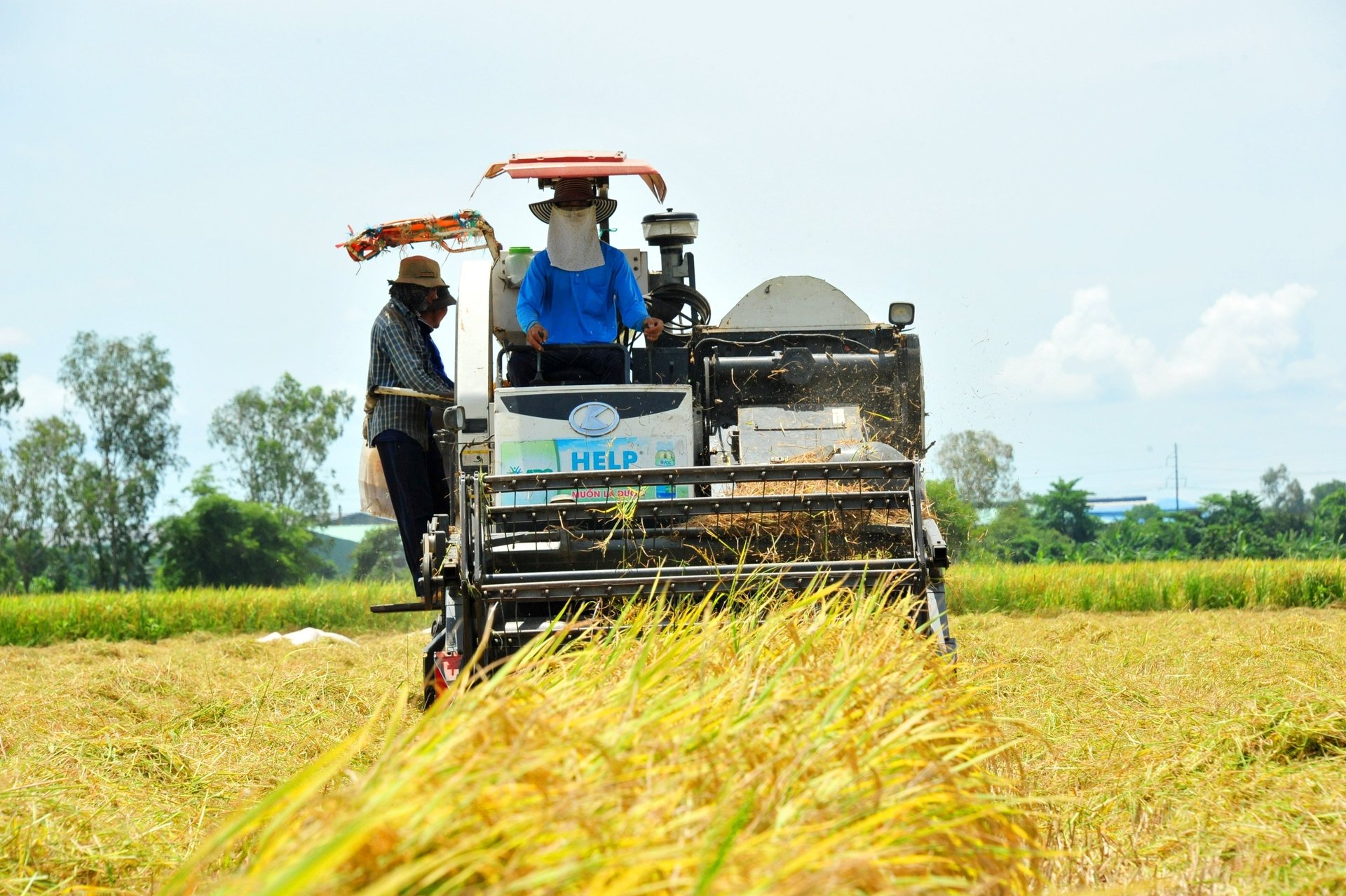
The Prime Minister asks the Ministry of Agriculture and Rural Development to take the lead, coordinate with relevant ministries, agencies and localities. Photo: Le Hoang Vu.
The Ministry of Industry and Trade is required to assume the prime responsibility for, and coordinate with related ministries, agencies and localities; diversify rice export markets in a stable, sustainable and efficient manner; flexibly organize and implement trade promotion activities, combining traditional and online forms to maintain and strengthen traditional rice export markets (the Philippines, China, Indonesia, Africa, etc.) and develop new and potential markets as well as FTA markets; take full advantage of niche markets with aromatic rice, high quality rice such as EU, South Korea, USA, and North America countries.
The Ministry of Foreign Affairs shall promote activities of overseas Vietnamese representative agencies in capturing market information to support rice exporters; connect trade, coordinate with ministries and agencies to further promote the brand and products of Vietnamese rice in different countries and territories.
Translated by Samuel Pham

(VAN) The project contributes to enhancing the resilience of communities vulnerable to the impacts of climate change, with a primary focus on local women.
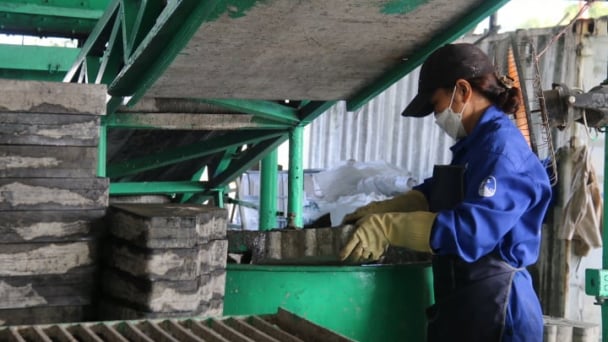
(VAN) Green materials help save energy and resources. However, after more than 10 years, Vietnam has only developed over 200 green buildings with more than 6 million square meters of floor space.
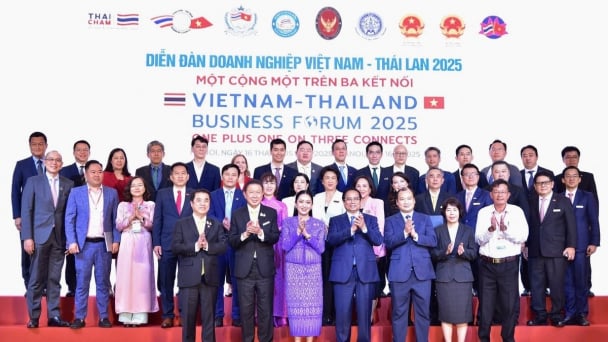
(VAN) Vietnam - Thailand Business Forum 2025: One plus one on three connects, marking a milestone in the comprehensive strategic partnership between the two nations.
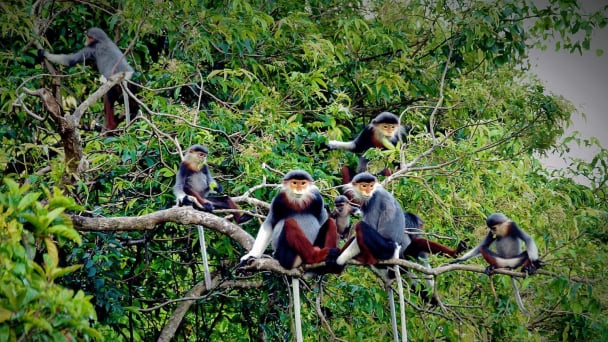
(VAN) The United Nations designated 22 May as the International Day for Biodiversity 2025 with the theme 'Harmony with nature and sustainable development.'
![Multi-channel, multi-directional Vietnamese agricultural markets: [8] A national strategy is needed](https://t.ex-cdn.com/nongnghiepmoitruong.vn/608w/files/phucpm/2025/05/15/1435-thi-truong-nong-san-viet-da-kenh-da-huongbai-8-can-mot-chien-luoc-quoc-gia-084750_728.jpg)
(VAN) The Chairman of Hung Nhon Group shared: ‘Opening up and tapping into new markets is the right and strategic direction for Vietnam's agricultural sector.’
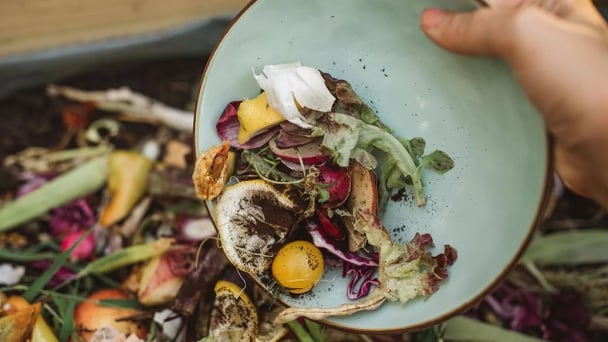
(VAN) Food waste has become a serious issue in modern society, especially in rapidly urbanizing and developing cities like Hanoi.
![Multi-channel, multi-directional Vietnamese agricultural markets: [7] Deep processing makes global reach easy](https://t.ex-cdn.com/nongnghiepmoitruong.vn/608w/files/huytd/2025/05/16/2946-che-bien-sau-chia-khoa-vang-nang-tam-nong-san-viet-tren-ban-do-the-gioi-080603_110-093858.jpg)
(VAN) The application of deep processing technology is helping Vietnamese agricultural products enhance their value, create competitive advantages, and open doors to conquer global consumers.